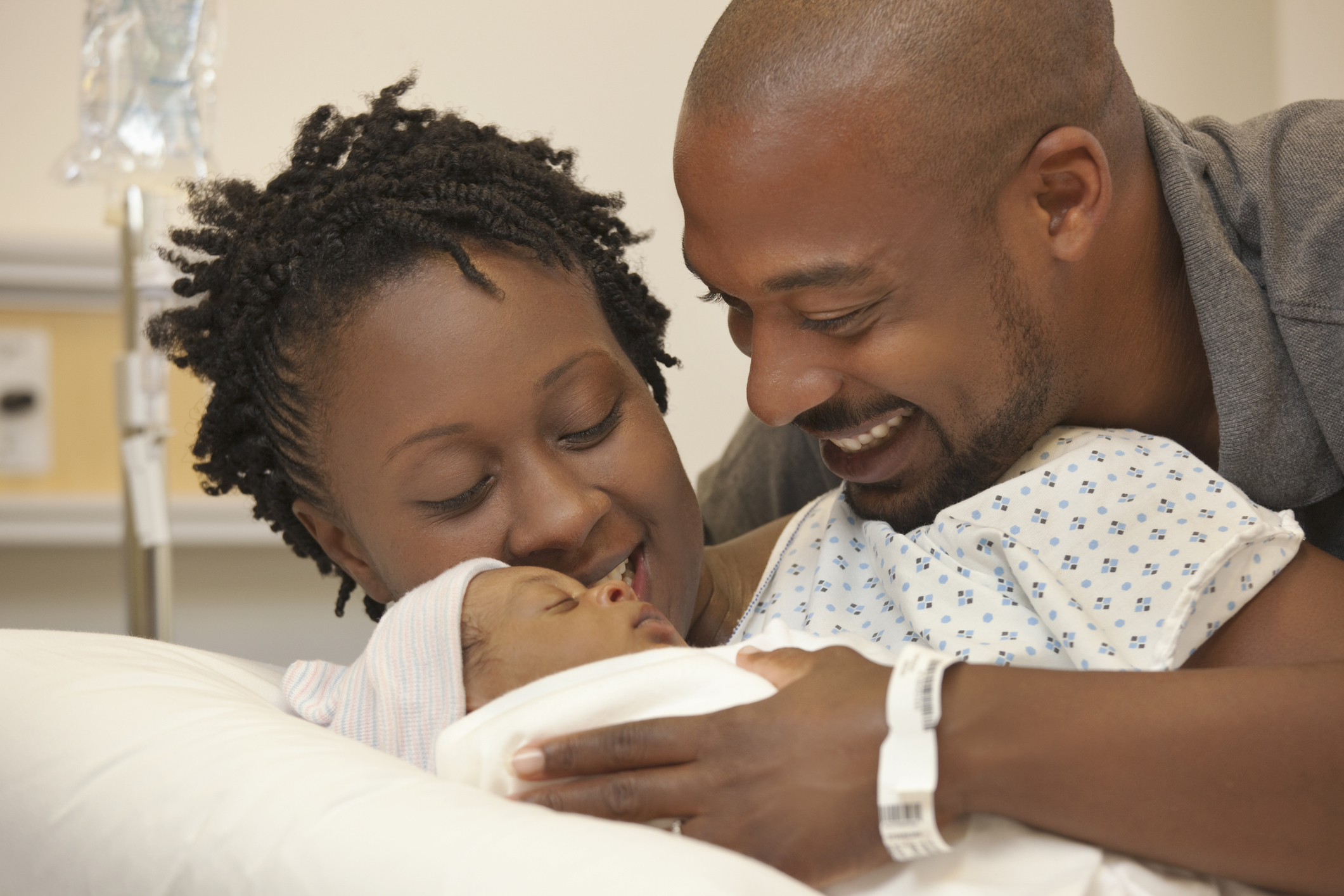Something rarely seen and heard of when you think about childbirth is a male doula. A Kansas City husband is changing the narrative after he became one to support his wife.
Three years ago, while James and Shunquita Hogue were in the process of finding a midwife, they explored their options and decided to do an at-home birth, according to NBC affiliate KSHB. Several weeks before the due date, the mom-to-be experienced an emergency.
“About six to eight weeks prior to our scheduled due date, my wife experienced complications; gestational diabetes, preeclampsia,” James told KSHB.
“It happens more often than not and it was like, ‘What could we have done differently?'” Shunquita added. “It’s not much we could have. There’s the saying ‘Things happen the way it happens.”
What Shunquita experienced was a heightened case of high blood pressure that affects Black women at significantly higher rates compared to white women, according to the Preeclampsia Foundation. As first-time parents, the couple decided to switch over to a natural birth.
“There were moments where there were literal back and forths I had to have with medical staff to make sure my wife received the care she deserved,” James said about their experience at the hospital.
View this post on Instagram
Determined to assist Shunquita in a more hands-on approach, his interest in becoming a Doula was sparked; he’s now “trained to provide advice, information, emotional support, and physical comfort to a mother before, during, and just after childbirth,” according to Merriam-Webster.
Women traditionally take on the role, but that didn’t play into his choice to be certified in the field, which acted as a safety net for his wife.
“To be in the middle of it and struggling and have someone speak on your behalf because they took the time to educate themselves on what’s happening, it made me feel safe,” Shunquita said.
Since becoming a certified doula, James founded Fathers Assisting Mothers. This charity helps uplift and educate men living in his community in hopes of fueling their interest in training to become childbirth doulas.
“We’ve seen stories and know reports of Black women not being heard in hospital settings,” he explained. “If you’re a partner of a Black woman, you need to definitely be involved to make sure those needs are being met.”

